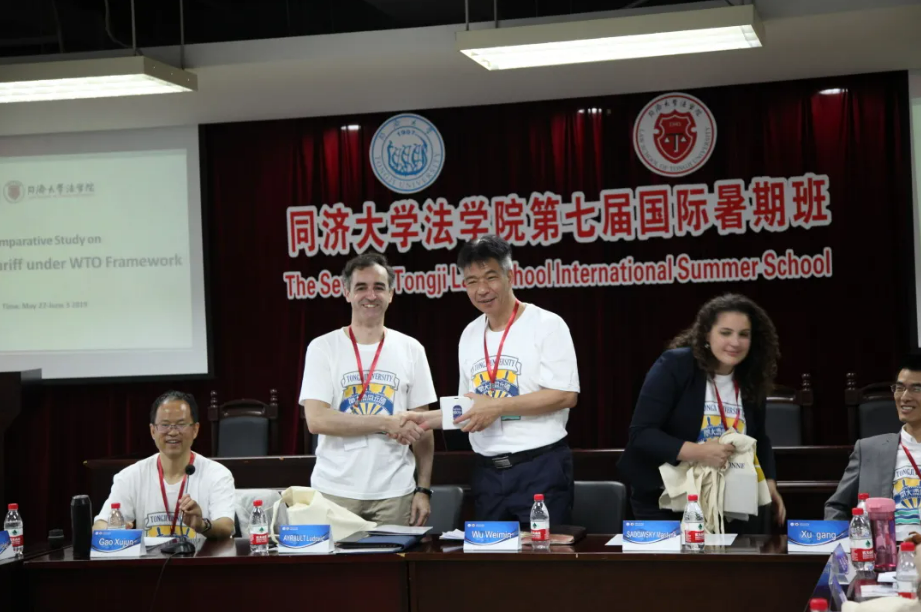Recently, the "Shanghai Rule of Law" reported that Tongji Law School, relying on Tongji’s tradition of cooperation and exchange with Germany, and based on the discipline of international law, has shown advantages in the teaching and research of German law and EU law as well as in the training of young talents. And its scientific research has achieved remarkable results.
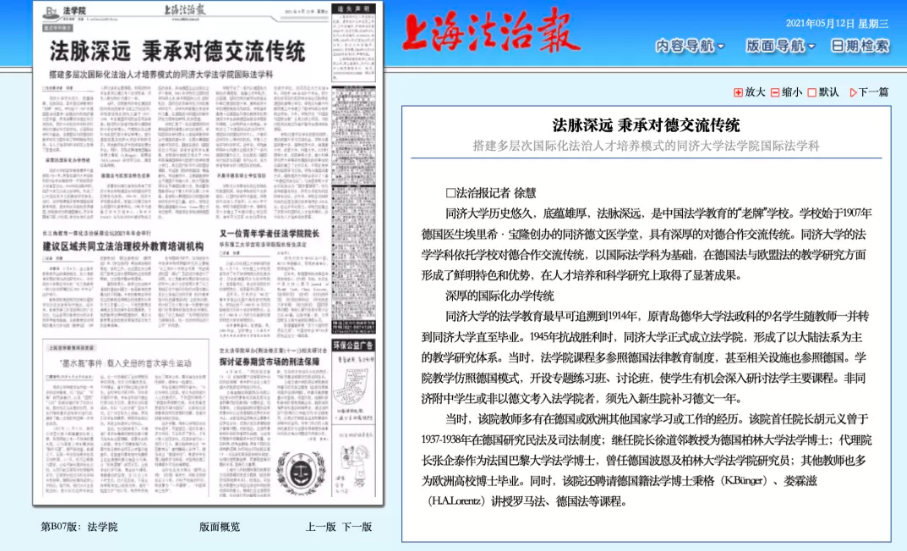
The tradition of exchanges with Germany, cultivating foreign-oriented legal talents
——Introduction to the International Law Discipline of Tongji University Law School
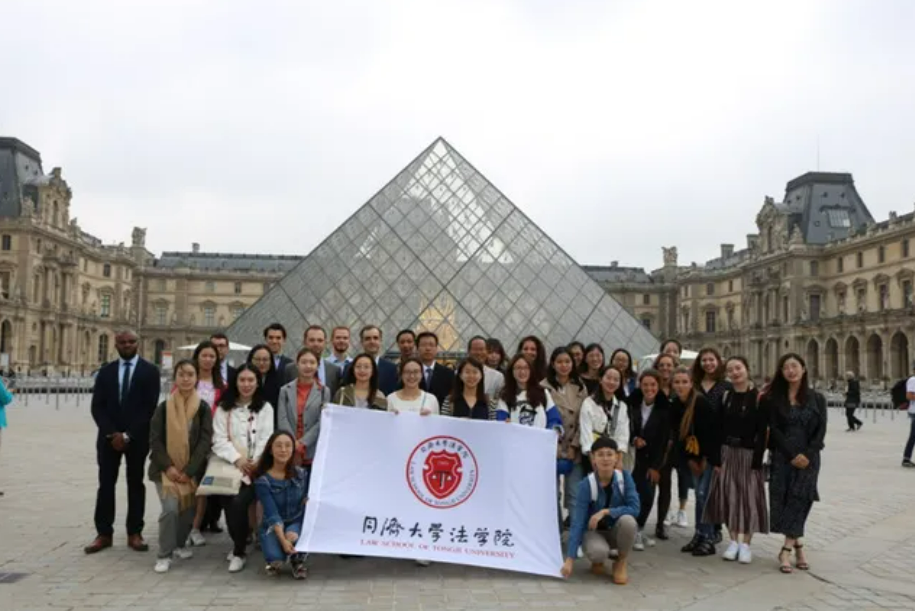
I. Profound International Tradition of Tongji Law School
The legal education of Tongji University can be traced back to 1914. The 9 students from the Law and Politics Department of Dehua University in Qingdao were transferred to Tongji University with their teachers until they graduated. When the Anti-Japanese War ended in 1945, Tongji University formally established the Tongji Law School, forming a teaching and research system based on Civil Law. At that time, the courses of Tongji Law School mostly referred to the German legal education system, and even related facilities also referred to Germany. The teaching adopted the German model, and special practice classes and seminars gave students the opportunity to discuss the main courses of law in depth. Non-Tongji Affiliated Middle School students or those who were not admitted to the Tongji Law School in German must study German for one year first.
At that time, most of the teachers in Tongji Law School had experience of studying or working in Germany or other European countries. Mr.HU Yuanyi, the first president of Tongji Law School, studied civil law and judicial system in Germany from 1937 to 1938. At the same time, the institute also hired German law doctors K. Bünger and H. A. Lorentz to teach courses in Roman law and German law.
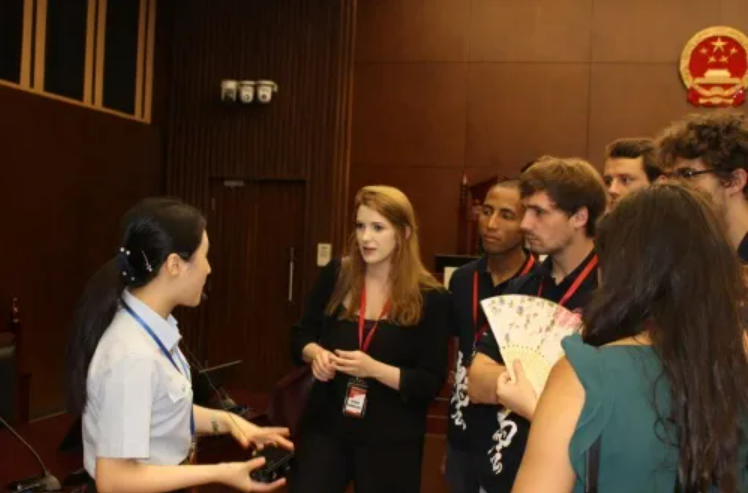
II. Distinguished Disciplinary Advantages in German Law and European Law
The profound tradition of exchanges with Germany has nurtured the characteristics and advantages of the study of German law and EU law at Tongji Law School. In 1994, Tongji University resumed the law department and retained the international education tradition focusing on exchanges with Germany. In 1998, in cooperation with the German Academic Exchange Center (DAAD), the Department of Economic Law was established in the Sino-German school, and a number of teaching chairs were funded by German companies. In 2003, the school established a master's degree program in international law. In addition to the traditional teaching and research of public international law, private international law, and international economic law, the discipline actively integrates other disciplines and has distinctive characteristics and advantages in the teaching and research of German law and EU law.
Tongji Law School brings together a group of teachers who have obtained doctoral degrees in Germany and other European countries. Prof.GAO Xujun, the academic leader in international law, graduated from Humboldt University in Germany, and has long been engaged in German law teaching and research.
Tongji Law School has set up a series of courses featuring German law, covering public and private law, taught jointly by teachers studying in Germany and returning from Europe, such as German professors from Humboldt University and Konstanz University. In addition, Tongji Law School has hired Dr. Peter Ganea of German nationality as a full-time teacher to teach German law at Tongji Law School in German.
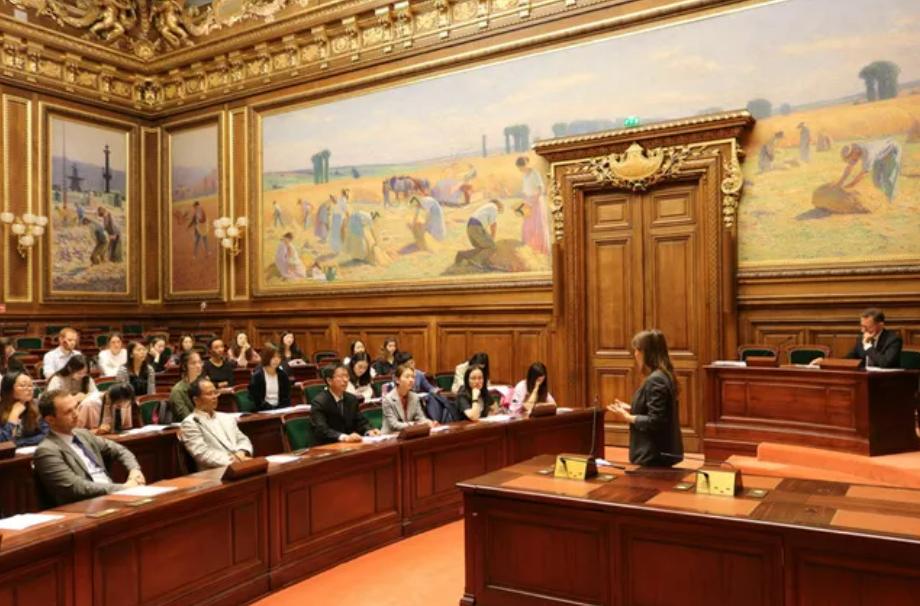
III. The Sino-German Double Master's Degree Program
Since 2013, Tongji Law School has established a Sino-German double master's degree program with Humboldt University and the University of Konstanz in Germany. Every year, more than 20 graduate students would be selected to this program. The project has been implemented for 8 years and has trained more than 160 Chinese and foreign students.
Tongji Law School has established cooperative relations with other well-known universities in Germany and Europe, such as the Humboldt University, the University of Konstanz, the University of Heidelberg, the University of Bonn, the University of Cologne, the University of Ghent in Belgium, the University of Sorbonne in France, and the University of Florence in Italy. After years of hard work, Tongji Law School has established a multi-level international talent training model, and the training of foreign-oriented legal talents has achieved remarkable results.
